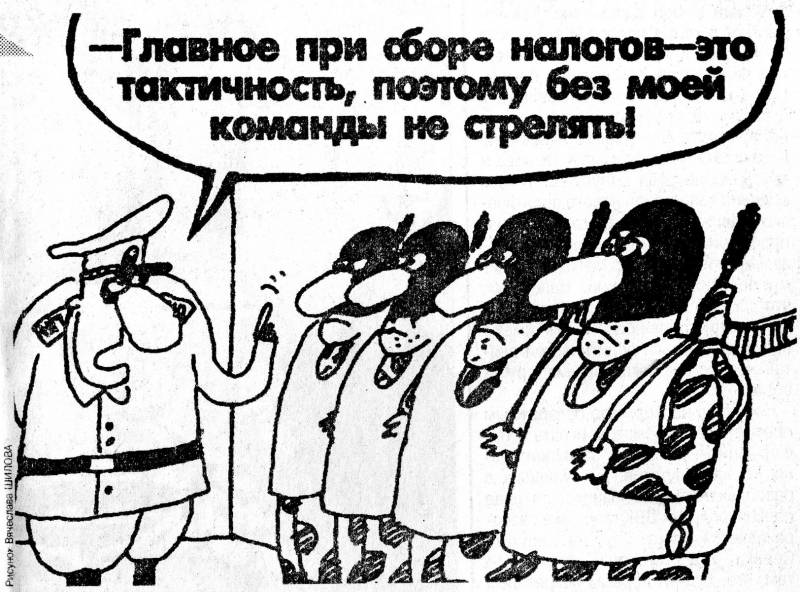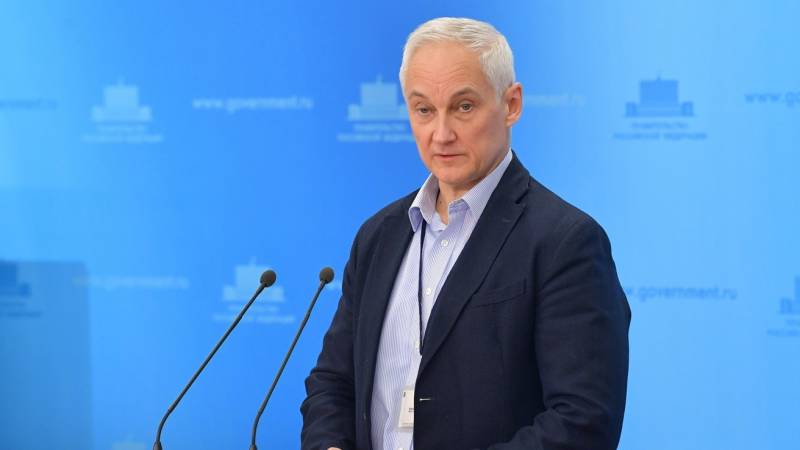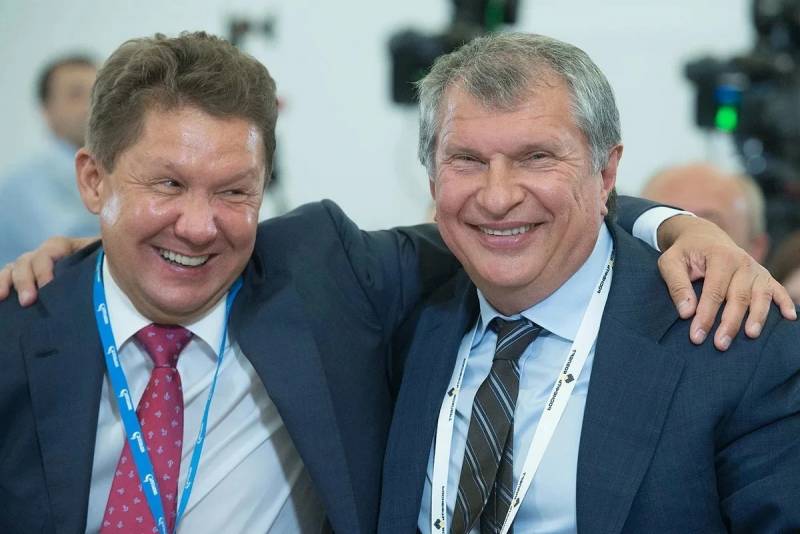Typically oil and gas tax: only for metallurgists
The weather whispers about gas
For Europe, the current gas price distribution, as well as the oil price distribution, is a very real threat. If you do not freeze, then it is very pretty to overpay - for sure. But for Russia, there is no less real prospect of making some good money.
And this, even taking into account the fact that Gazprom is counting on no more than only partially covering the financial losses due to a two-year downtime in the construction of Nord Stream-2. It is clear that blue fuel has risen in price not because of the clever combinations of our gas workers, but not because of the pandemic either.
Let's just say that too many factors converged at once, but the conjuncture, like fortune, is a changeable thing, and, as you can see, it is not by chance that the same SP-2 completed a pipe-laying vessel with that name.
But the Russian government would have been simply impermissible to miss this opportunity.
Nevertheless, the Cabinet of Ministers decided to bargain for the updated taxes on profits and on mining operations not with gas and oil workers, but with the light hand of Deputy Prime Minister Andrei Belousov (pictured) - with metallurgists. Whether mining and coal companies will join them is still unclear, although no one has yet been denied the right of speech.
Another thing is that the government is still keeping silent about who specifically will be affected by the changes in the tax sphere. Let's not forget that the cabinet is now run by the former tax officer Mikhail Mishustin, who has long earned a reputation as a lover of all sorts of surprises.
The press is silent
Nevertheless, the domestic business press, which has long been tame, in spite of the fact that it belongs mainly to international business, discusses the super-profits not of gas and oil workers, but for some reason exclusively metallurgists and a few of those who have joined them.
Reliable data have already been leaked from the Ministry of Finance, from which it follows that in 2022 ferrous metallurgy and coking coal miners will have to pay 130 billion rubles to the treasury, and this, apparently, is in addition to the traditional amounts. Another 23 billion in the department of Anton Siluanov is expected from non-ferrous metallurgy, and from those who produce mineral fertilizers - 10 billion rubles.
In a situation where money, as they say, goes into their own hands, people, as you know, act in completely different ways. The economic bloc of our government would be glad to once again do their favorite thing - transferring the situation when there is money to the position of “no money”, but the times are not the same. Sometimes unexplained leaks are too noticeable.
Business is ready to admit that it sometimes receives super profits, and is not at all opposed to sharing, if this does not threaten the business itself. But almost everyone prefers to share only what has already been received - that is, profit.
All inclinations against the tax on the extraction of minerals usually run into a powerful lobby.
When it comes to severance tax, the same metallurgists easily unite with oil and gas workers to envy. This is because it is quite easy to make the severance tax universal, without worrying too much about what real problems this or that particular extractive industry has.
And the conjuncture screams
At the same time, it is hardly realistic to get away from the strengthening of the tax press now even for the most loyal business. With profit, everything can turn out quite simply - most likely, soon after the elections, the introduction of a differentiated scale of income tax will be announced as a great benefit.
If the differentiated scale for personal income turned out to be simply a profanation, then business can be dealt with much harsher. Those who pay exorbitant dividends without investing in development and infrastructure should pay more. And much more.
At the present time, we are not talking about specific rates - the government, obviously, decided to start bargaining with those who have more problems and more intense competition. That is why they started talking first of all with metallurgists and others. The same, in many respects unexpectedly for themselves, found themselves in the vanguard of a column of lobbyists.
Usually this role was always given to the oilmen. Now, even if they promised not to touch them yet, everything is different. But if the severance tax will change, the entry into the battle for taxes of the main forces is simply inevitable. All the power of the most experienced apparatchiks "from Miller" and "from Sechin" is now in reserve.
However, the fact that the severance tax in its current edition is hopelessly outdated is not only constantly repeated by the communists, but also by the lobbyists. And they do not even dispute the need to abandon the practice of primitive binding to a ton of mined material. Regardless of whether it is oil or ore.
The transition to linking the tax to world prices for raw materials is no longer just a matter of the foreseeable, but of the near future. Moreover, the favorable situation can go away.
Free floating tax
Quotes can float, tax officials can learn. Moreover, they are actually required to ensure accurate data collection and not allow floating receipts to be lower than those that were at the rates fixed for the produced tons.
The well-known figures of proceeds from the mineral extraction tax indicate that the current tax is not just small, it is practically scanty. 0,2% of the market price of a unit of production - such a luxury is not allowed even anywhere in Saudi Arabia, where, however, there is no need to spend money on the development of complex deposits.
That is why it is possible to properly tax the same oil workers.
Experts from the Ministry of Finance, who have repeatedly carried out preliminary calculations of receipts from the mineral extraction tax, believe that something like a transitional period is needed until 2025. During these years, MET rates and excise taxes can be calculated based on the average indicators of previous years, but taking into account the specifics of a particular industry.
At the same time, according to all indications, the Ministry of Finance does not plan to completely abandon taking into account every ton of mined. As compensation for the almost inevitable increase in tax rates, it is proposed to set a hard cap on the tax for each industry.
It is characteristic that tax authorities, who have not yet been allowed to discuss tax initiatives, consider it necessary, in addition to a fixed maximum, to introduce a hard minimum. In response, representatives of the business community declare that in the event of an unfavorable market situation, in this case, a negative financial result cannot be ruled out.
A wave of bankruptcies could discredit the very idea of an upward tax adjustment. Moreover, it is absolutely certain that there is still no clarity: what can be used for additional income from the mineral extraction tax and income tax?
Or will we again put everything in reserve funds, that is, in the "American money box" will we add?



Information